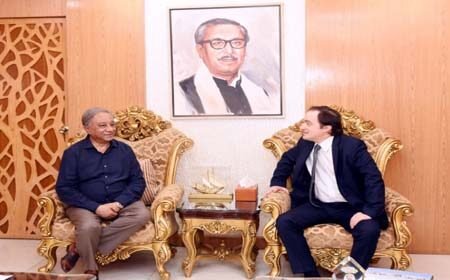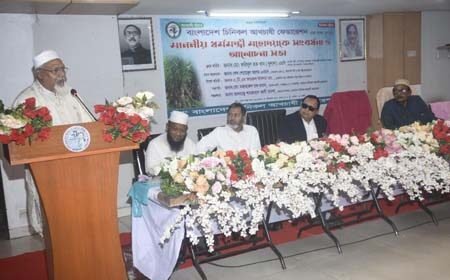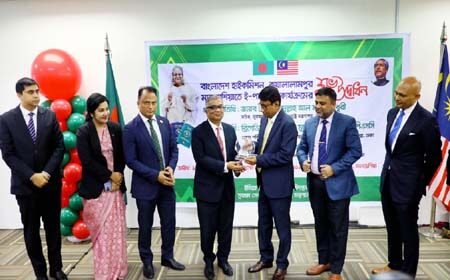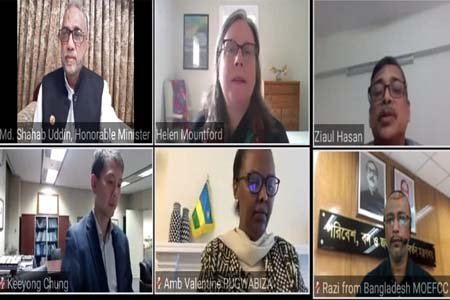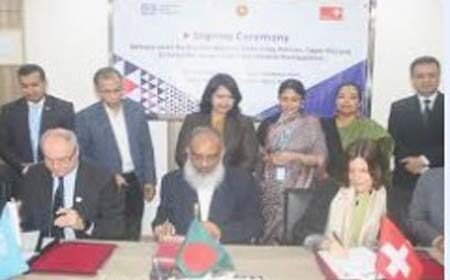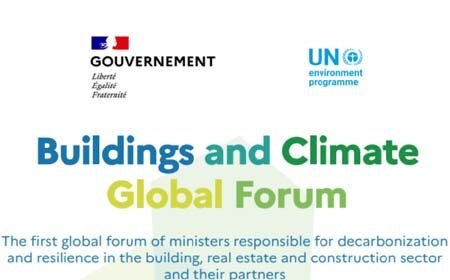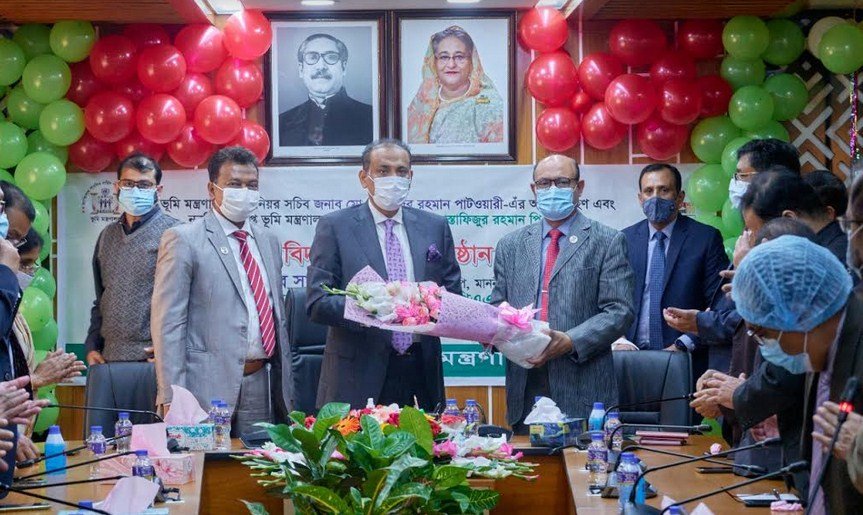The Environment, Forest and Climate Change Minister Md Shahab Uddin MP said we should build a sustainable and resilient COVID-19 recovery synced with and help advance national climate plans, long-term strategies and achievement of the SDGs. For the economic recovery from the COVID-19 crisis to be durable and resilient, a return to environmentally destructive investment patterns and activities must be avoided. Climate change and biodiversity loss could cause social and economic damages far larger than those caused by COVID-19.
He also emphasized inclusiveness which has been praised by the participants at large. The Environment, Forest and Climate Change Minister Md Shahab Uddin MP said this while delivering speech from his official residence Dhaka today evening at an “Webinar: Building a Clean and Resilient Recovery from the COVID-19 crisis in support of the Climate and Sustainable Development goals’co-hosted by Bangladesh and the United Kingdom Mission to the UN and World Resources Institute and organized in conjunction with the 2020 High-Level Political Forum on Sustainable Development.
The Environment minister said in the perspective of “Paris Agreement” the relative importance of various dimensions will likely vary across different country contexts, according to their development priorities, infrastructure needs and social circumstances.
He said recovery packages to “build back better” include alignment with long-term emission reduction goals, factoring in resilience to climate impacts, slowing biodiversity loss and increasing circularity of supply chains. Triggering investments and societal changes will both reduce the likelihood of future shocks and improve our resilience to those shocks when they do occur, whether from disease or environmental degradation. At the heart of this approach is the transition to more inclusive, more resilient societies with net-zero GHG emissions and much reduced impacts on nature. A more resilient economy will depend on our capability to shift to sustainable practices.
The Minister said prioritizing short-term economic growth and efficiency over long-term resilience – can have huge societal costs.To improve public support, recovery policies need to be measured on more than just economic growth and total job creation. Emphasizing other elements that improve well-being, such as income, job quality, housing and health is imperative to achieve this. Where incentive packages target environmental objectives, a focus on people’s well-being is also crucial to cement the social and political acceptance of environmental measures. Common to all these dimensions is the need for urgent decisions taken today to incorporate a longer-term perspective. Without structural changes to our economies, continued accumulation of greenhouse gases (GHGs) in the atmosphere will lead to potentially catastrophic further impacts.
While the economic shut-down has led to some environmental improvements, such as reduced emissions of GHGs and air pollutants and less water pollution, these in themselves will have almost no long-term impact. If economic activity resumes as before, they are likely to be temporary and quickly erased. Among others Rt Hon Lord Zac Goldsmith, Minister for the Environment for the United Kingdom;Keeyong Chung, Director General for Climate Change, Energy, Environment and Scientific Affairs at the Ministry of Foreign Affairs, Republic of Korea; Ambassador Valentine Rugwabiza, Permanent Representative of Rwanda; Ambassador E. Courtenay Rattray, Permanent Representative of Jamaica;Damilola Ogunbiyi, CEO of Sustainable Energy for All, Special Representative of the UN Secretary General and Co-Chair of UN-Energy and Ziaul Hasan ndc, Secretary, & Ahmad Shamim Al Razi, Additional Secretary (Development Wing) Ministry of Environment, Forest and Climate Change, Bangladesh spoke in the occasion. Helen Mountford, Vice President, Climate & Economics, World Resources Institute was the moderator of the side event.









